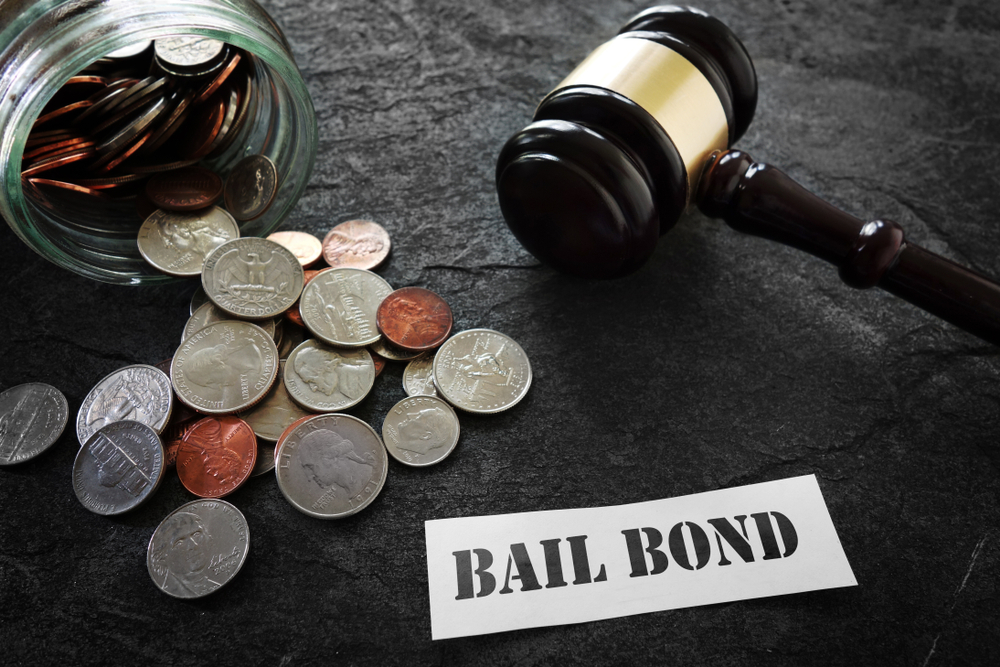The length of time the police can keep you in custody without formally charging you with a crime can vary based on a combination of factors, including the jurisdiction you are in, the nature of the offense, and your legal rights. Here are some key points to consider:
- Initial Detention: When you are initially detained by the police, they have a limited period during which they can question you without formally charging you with a crime. This period is usually relatively short and is meant for the police to determine whether there is enough evidence to proceed with an arrest or formal charges. In many cases, this initial detention period is limited to a few hours.
- Miranda Rights: If you are in custody and subject to custodial interrogation, the police must read you your Miranda rights, which include the right to remain silent and the right to an attorney. Once you invoke your right to remain silent or request an attorney, the police should generally stop questioning you until your attorney is present.
- Booking Process: If the police decide to arrest you, they will take you to a police station or jail for the booking process. This process involves recording your personal information, taking fingerprints and photographs, and conducting background checks. The booking process can take several hours, but it is not considered an extended detention for investigative purposes.
- Detention Pending Charges: After you have been booked, if the police or prosecutors believe they have enough evidence to charge you with a crime, they typically have a specific period, often within 48 to 72 hours, to formally charge you or release you. This period varies by jurisdiction and may be subject to legal and court-specific rules.
- Release on Bail: In some cases, you may be eligible for release on bail or bond while awaiting your court hearing. The bail process can vary significantly by jurisdiction, and the time it takes to secure your release can depend on various factors, including the availability of a bail bondsman and the court’s schedule.
- Habeas Corpus: If you believe you are being held unlawfully or without charges for an extended period, you may have the option to file a writ of habeas corpus, a legal petition challenging your detention. Habeas corpus is a legal remedy that allows a person to seek their release from custody if they believe their detention is illegal.
Consult with an attorney if you find yourself in police custody, as they can provide guidance and advocate for your rights during the process. The specific rules and time limits regarding detention and charging can vary by jurisdiction, and an attorney can help you understand your rights and options in your specific situation. Laws and procedures related to custody and detention can change over time, so it’s advisable to seek up-to-date legal counsel if needed.






